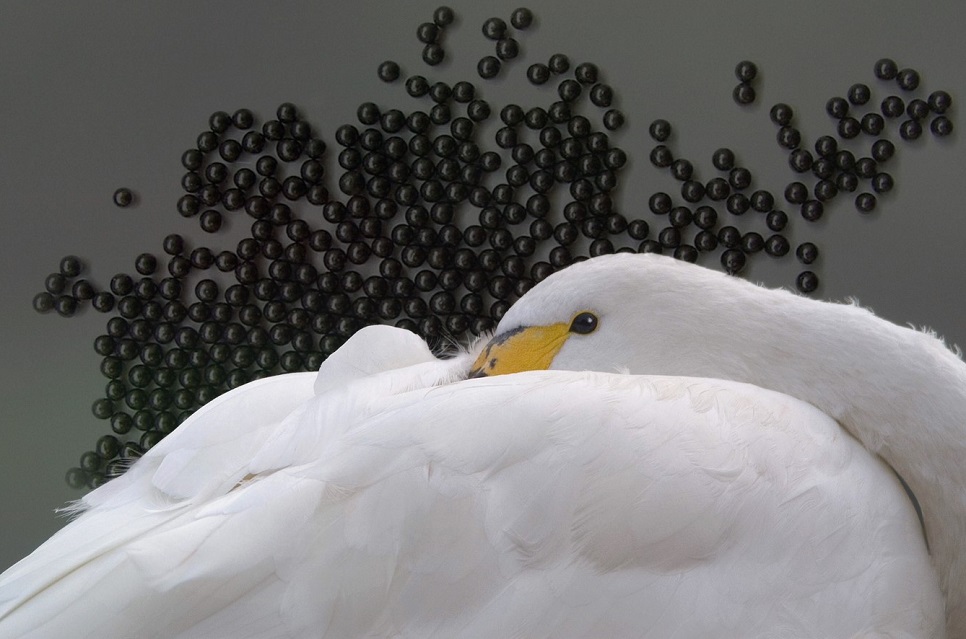Almost two girls for every boy is perfect start to pochard breeding programme
Scientists working to save the rarest bird in the world, the Madagascar pochard, have reported ducks (girls) outnumber drakes (boys) by almost two to one in the first two broods being reared in captivity, giving further hope to the emergency rescue mission.
16 ducklings being raised by WWT’s ‘Team Pochard’ in Madagascar, along with colleagues from Durrell Wildlife Conservation Trust and The Peregrine Fund, have now been “sexed” and 11 are female. WWT’s aviculture manager Nige Jarrett explains: “This is a perfect start to a conservation-breeding programme. There are fewer than 20 adult birds left in the wild, all on one lake – their future is very precarious.
"In 2010 we will be working to breed as many pochards as possible to reintroduce on to wetlands across the species’ former range. To do this we need our young birds to lay lots of eggs , so females really are the currency we’re dealing in. 11 out of 16 in the first two broods is fabulous news.” Team Pochard is raising three broods of pochard ducklings in captivity in Madagascar. Like all ducks, it is possible to tell their sex by examining their bottoms. The two eldest broods were recently handled to be leg ringed and at the same time the birds were sexed: well over half of them turned out as females. The sexes of the birds in the third brood may yet bring more good news.
The current emergency rescue mission was mounted after a reconnaissance team visited in July and found the situation was worse than feared. The team discovered just six females and evidence that ducklings from 2008 had died at just a few weeks old, leaving the entire species highly vulnerable to extinction. Working with local people and the government of Madagascar, this work is part of a wider plan to establish a conservation breeding centre in the region in 2010.
You can follow the team’s progress at wwt.org.uk/teampochard.
WWT is grateful to the Mitsubishi Corporation Fund for Europe and Africa and the US Fish & Wildlife Service for providing funds to support this work.
.


